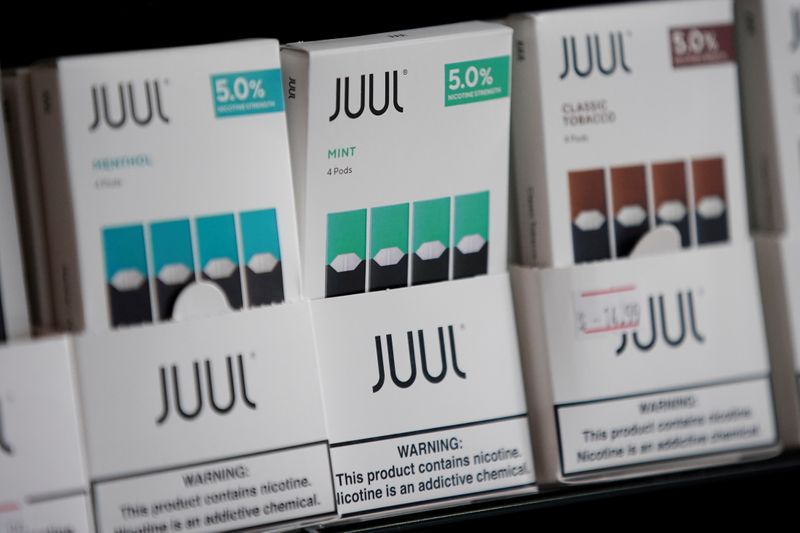Despite a year of declining stock prices, Johnson & Johnson (NYSE:JNJ) and Altria Group (NYSE:NYSE:MO) continue to offer high-yield dividends backed by strong business fundamentals, buoyed by the Federal Reserve's decision to maintain current interest rates.
J&J's medical technology sales lead the industry, thanks to a 10% year-over-year increase in Q3 from its subsidiary DePuy Synthes. The company's pharmaceutical segment has also seen success with patent-protected treatments like Darzalex, a multiple myeloma medication expected to reach $10 billion in sales this year.
High switching costs associated with surgeon retraining and patent protection give J&J a competitive edge in the market. Following the spinoff of its consumer goods segment into Kenvue (NYSE:KVUE), the company anticipates over $10 per share in adjusted earnings this year. It offers an above-average yield of 3.1%, surpassing the average yield of 2.1% from Dow Jones Industrial Average dividend-paying stocks.
Meanwhile, Altria Group, the marketer of Marlboro cigarettes in the U.S., continues to offer a substantial 9.6% dividend yield despite concerns over declining sales. The company has managed to counteract falling volumes with price increases and growing sales of non-combustible products.
Altria has consistently raised its dividend payout, with 58 increases over the past 54 years. The recent acquisition of NJOY Holdings for $2.75 billion adds to this strength. NJOY is the only company with FDA approval to market pod-based e-vapor products, further cementing Altria's position in the market.
Both J&J and Altria have demonstrated resilience in the face of market challenges, offering above-average yields supported by robust businesses. This makes them attractive investment options for those seeking steady profit growth and long-term returns.
This article was generated with the support of AI and reviewed by an editor. For more information see our T&C.
